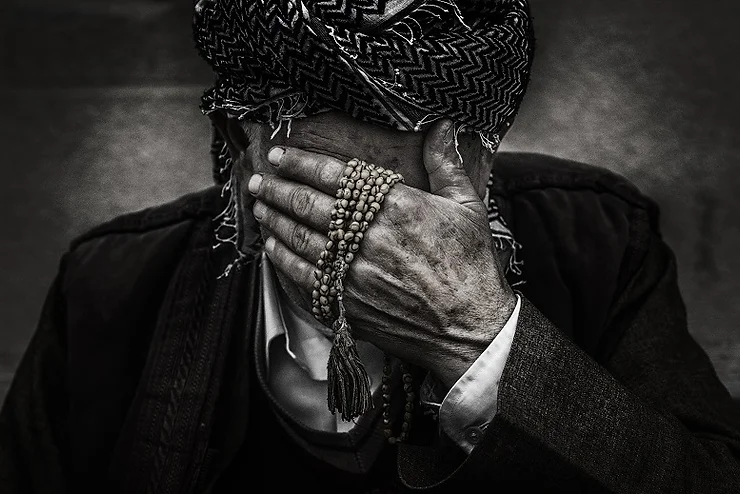Experiencing trauma is never easy. Whether the event was recent or happened years ago, the effects can leave a lasting mark on your mental, emotional, and even physical well-being. Healing from trauma is a deeply personal process, and no two people experience it the same way.
If you or someone you love is struggling to understand or process a traumatic event, learning a few key facts can help. These insights might answer lingering questions like:
-
Will I ever feel normal again?
-
Why does my body feel this way?
-
Why did I react the way I did?
Let’s explore five important facts about trauma that can help you better understand what you’ve experienced and what healing might look like.
1. There Are Different Types of Trauma: Big “T” vs. Little “t”
When people think of trauma, they often imagine life-threatening events—like war, assault, or a car accident. These are known as Big “T” traumas.
But there’s another category that is just as valid: Little “t” traumas. These involve events that don’t threaten your life but still have a significant emotional impact—such as a divorce, the loss of a loved one, or ongoing emotional neglect.
🔹 Key takeaway: Just because an experience wasn’t “life-threatening” doesn’t mean it wasn’t traumatic. All trauma is valid and worth healing from.
2. Trauma Can Cause Real Physical Symptoms
Although trauma is rooted in the mind, it often affects the body as well. That’s because trauma dysregulates the central nervous system, triggering physical responses to emotional stress.
Common physical symptoms of trauma include:
-
Headaches or migraines
-
Muscle tension or pain
-
Nausea or stomach issues
-
Dizziness or fatigue
-
Insomnia or nightmares
-
Difficulty concentrating
These symptoms can be part of your body’s natural “fight, flight, or freeze” response—and they are real, not imagined.
🧠 Did you know? PTSD and chronic stress can alter brain chemistry and hormone regulation, increasing inflammation and physical discomfort.
3. Trauma and Substance Abuse Are Closely Linked
Many people who experience trauma struggle to find healthy coping mechanisms. When access to therapy or support is limited, it’s not uncommon for people to turn to alcohol, drugs, or other addictive behaviors to numb the pain.
While substances may offer temporary relief, they often create more challenges in the long run—including dependency and worsened emotional distress.
🚨 If you or someone you know is facing both trauma and substance abuse, dual-diagnosis treatment can address both issues at the same time.
4. The Body Has Five Survival Responses—Not Just Fight or Flight
Most of us are familiar with the “fight or flight” response. But the body actually has five built-in survival mechanisms that activate during trauma:
-
Fight: Confronting the danger
-
Flight: Escaping the danger
-
Freeze: Becoming immobile, feeling stuck or paralyzed
-
Fawn (Submit): Going along with the threat to reduce harm
-
Attach: Trying to connect with or appease the threat for protection
These are involuntary responses—your body chooses them automatically to help you survive. Understanding them can reduce self-blame and help you process your experience with more compassion.
💡 Self-awareness tip: Your reaction wasn’t weakness—it was survival.
5. Trembling Is a Natural Response to Trauma
If you’ve ever found yourself shaking or trembling during a traumatic event, you’re not alone. This is your body’s way of preparing for action—activating adrenaline and releasing stored tension.
It’s completely normal and can be managed by grounding techniques like:
-
Deep, slow breathing
-
Mindfulness or meditation
-
Physical movement (like walking or stretching)
Over time, these strategies can help calm your nervous system and restore a sense of safety.
Final Thoughts: Healing from Trauma Takes Time—and Help
Trauma can feel overwhelming and unpredictable, but understanding its effects is a powerful first step toward healing. Everyone’s path looks different, and there’s no right or wrong way to process trauma. What matters is finding what works for you—whether that’s therapy, support groups, journaling, or simply allowing yourself to rest and reflect.
If you’re struggling, please remember: You are not alone. There are trauma-informed professionals, community resources, and people who care ready to support you.


